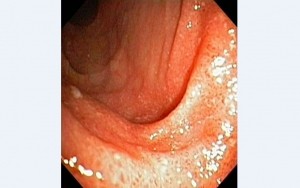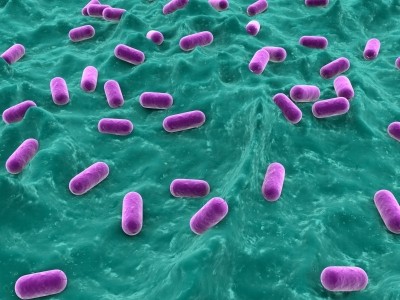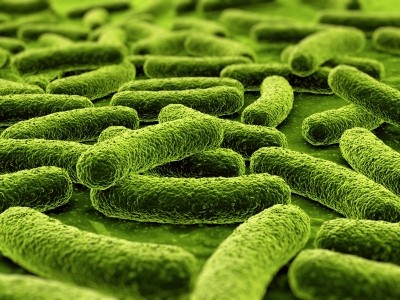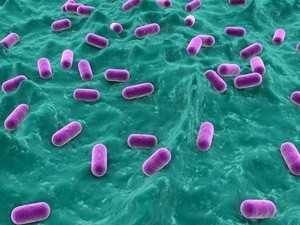Probiotics can benefit colitis sufferers with ‘anal pouch’ issues: Study
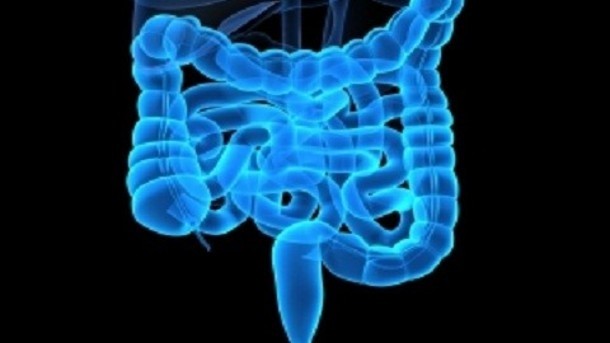
The pouches are common treatments among UC sufferers (extreme anal inflammation), but the pouch itself can become inflamed (known as ‘pouchitis’) requiring antibiotic treatment or surgical removal. About half of those with pouches will suffer complications within five years.
The present study, published online ahead of its October print edition debut in Alimentary Pharmacology & Therapeutics, shows treatment with a 9-strain probiotic blend supplied by Dutch supplier Winclove Probiotics, can help preserve the health and integrity of the artificial anus by restricting the movement of E. coli.
“Pouchitis Disease Activity Index (PDAI) was significantly improved after antibiotic and probiotic supplementation,” wrote the researchers led by Dr Johan Söderholm, from the department of Clinical and Experimental Medicine at Linköping University Hospital in Sweden.
Even though pouch microbiota did not change, they found movement of pouch damaging Escherichia coli K12 was highest in control groups, did not change after antibiotic treatment, “but was significantly reduced after subsequent probiotic supplementation”.
The study group took 3 g doses of the blend twice a day.
“…maintenance treatment with a probiotic mixture for 8 weeks after induction treatment with antibiotics restored the increased permeation to E. coli in patients with chronic pouchitis,” the researchers concluded.
“This could be an important factor behind the prevention of recurrence during maintenance treatment with probiotics for this inflammatory condition.”
The study is not the first to show such benefits and probiotics are commonly consumed along with antibiotics by pouchitis sufferers, although mechanisms of action have not been clearly demonstrated. The combination treatment is advocated by the European Crohn’s and Colitis Organization.
Method
The study group comprised 16 UC patients with surgically fitted pouches (nine men and seven women, median age 48 years, range 32–71). Their pouches were scrutinised during active pouchitis; after four weeks of antibiotic treatment; and after eight weeks of oral probiotic treatment.
Two of the patients in the study group were on continuous antibiotic treatment and entered the study at the second endoscopic occasion.
The control group consisted of 13 patients (12 men and 1 woman, median age 50 years, range 35–63), with UC who had had pouches for at least 2 years with no complications.
Another three patients (two men, one woman, median age 47 years, range 37–53) with UC and active pouchitis were kept on antibiotics for the whole 12-week study period.
Permeability of the pouch mucosal layer was tested on the three occasions via an ex vivo model using small pieces of tissue removed from the intestinal layer of the patient's pouches.
While encouraged by the positive findings the researchers noted, “our data, including the three patients on continued antibiotics for 12 weeks, do not rule out the possibility of a time aspect, with the improved bacterial translocation being part of the healing of mucosal inflammation rather than a direct consequence of the probiotic therapy.”
“This makes further studies warranted, with larger patient groups randomised to probiotic supplementation or prolonged antibiotic therapy.”
The 9-strain Winclove blend comprised: Bifidobacterium bifidum (W23), B. lactis (W51), B. lactis(W52), Lactobacillus acidophilus (W22), L. casei (W56), L. paracasei (W20), L. plantarum (W62), L. salivarius (W24) and Lactococcus lactis (W19).
Pouchitis sufferers typically suffer bloody diarrhea, urgency in passing stools, or discomfort while passing stools.
Source:
Alimentary Pharmacology & Therapeutics
Volume 38, Issue 7, pages 772–783, October 2013 (Published online August 19 2013, DOI: 10.1111/apt.12451)
‘The effects of probiotics on barrier function and mucosal pouch microbiota during maintenance treatment for severe pouchitis in patients with ulcerative colitis’
Authors: M. Persborn J. Gerritsen C. Wallon, A. Carlsson, L. M. A. Akkermans, J. D. Söderholm.
